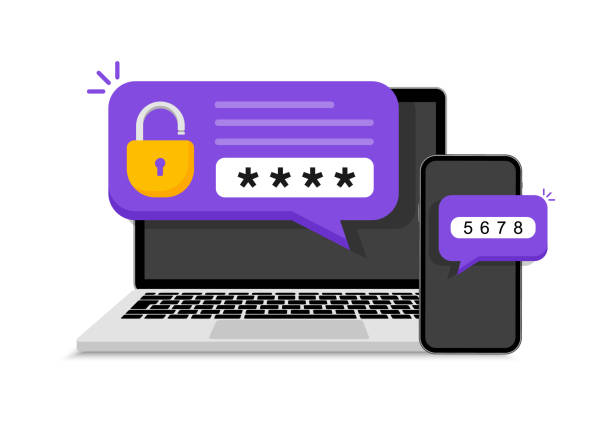Phone verification services are essential tools used by businesses and organizations to verify the authenticity of phone numbers provided by users during registration or transactions. These services employ various methods to ensure that the phone number belongs to a real person and is not being used fraudulently.
How A Typical Phone Verification Service Works:
User Input
The process begins when a user provides their phone number during registration or transaction on a website or mobile app. This phone number is usually collected through a form or an input field.
Verification Request
Once the user submits their phone number, the application sends a verification request to the phone verification service. This request typically includes the phone number entered by the user and may also include additional information such as the user’s IP address or device information.
SMS Verification
One common method used by phone verification services is SMS (Short Message Service) verification. In this method, the service sends a unique code to the phone number provided by the user via SMS. The user is then prompted to enter this code into the application to complete the verification process.
Voice Call Verification

Another method is voice call verification. Instead of sending a code via SMS, the phone verification service calls the phone number provided by the user and delivers the verification code through an automated voice message. The user is then prompted to enter this code into the application to verify their phone number.
Code Verification
Once the user receives the verification code either through SMS or a voice call, they enter the code into the application. The application then sends the entered code along with the user’s phone number to the phone verification service for validation.
Validation
The phone verification service validates the code entered by the user against the code that was originally sent. If the codes match and the phone number is valid, the verification process is considered successful, and the user is granted access to the application or service.
Error Handling
In case of errors, such as an incorrect code entered by the user or a timeout due to the code expiring, the application typically provides feedback to the user and may give them the option to request a new verification code.
Logging and Reporting

Phone verification services often log verification attempts and outcomes for auditing and reporting purposes. This helps businesses track verification activities and identify any suspicious or fraudulent behavior.
Rate Limiting
To prevent abuse and spamming, phone verification services may implement rate limiting, which restricts the number of verification requests that can be made from a single IP address or device within a certain time frame.
Security Measures
Phone verification services employ various security measures to protect the integrity of the verification process and prevent unauthorized access. This may include encryption of communication between the application and the verification service, as well as measures to detect and mitigate fraudulent activities.
Cost Considerations
Some phone verification services charge a fee for each verification attempt, while others offer subscription-based pricing models. Businesses typically choose a service based on factors such as cost, reliability, and the level of security provided.
Overall, phone verification services play a crucial role in ensuring the security and integrity of online transactions and user registrations by verifying the authenticity of phone numbers provided by users. By employing robust verification methods and security measures, these services help businesses mitigate the risk of fraud and protect their users’ sensitive information.



